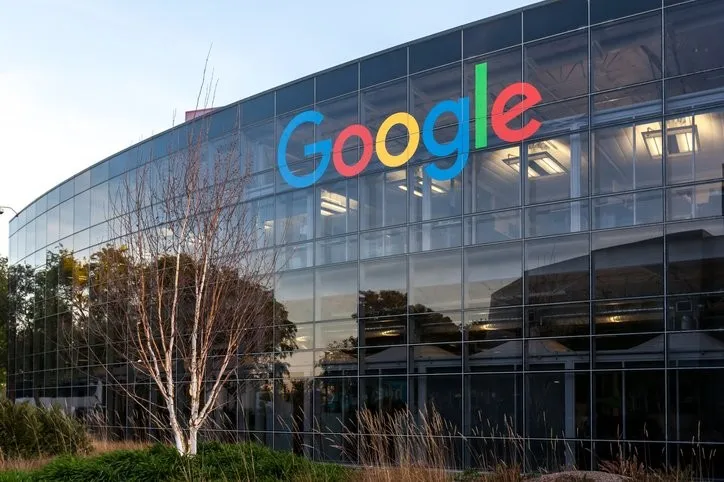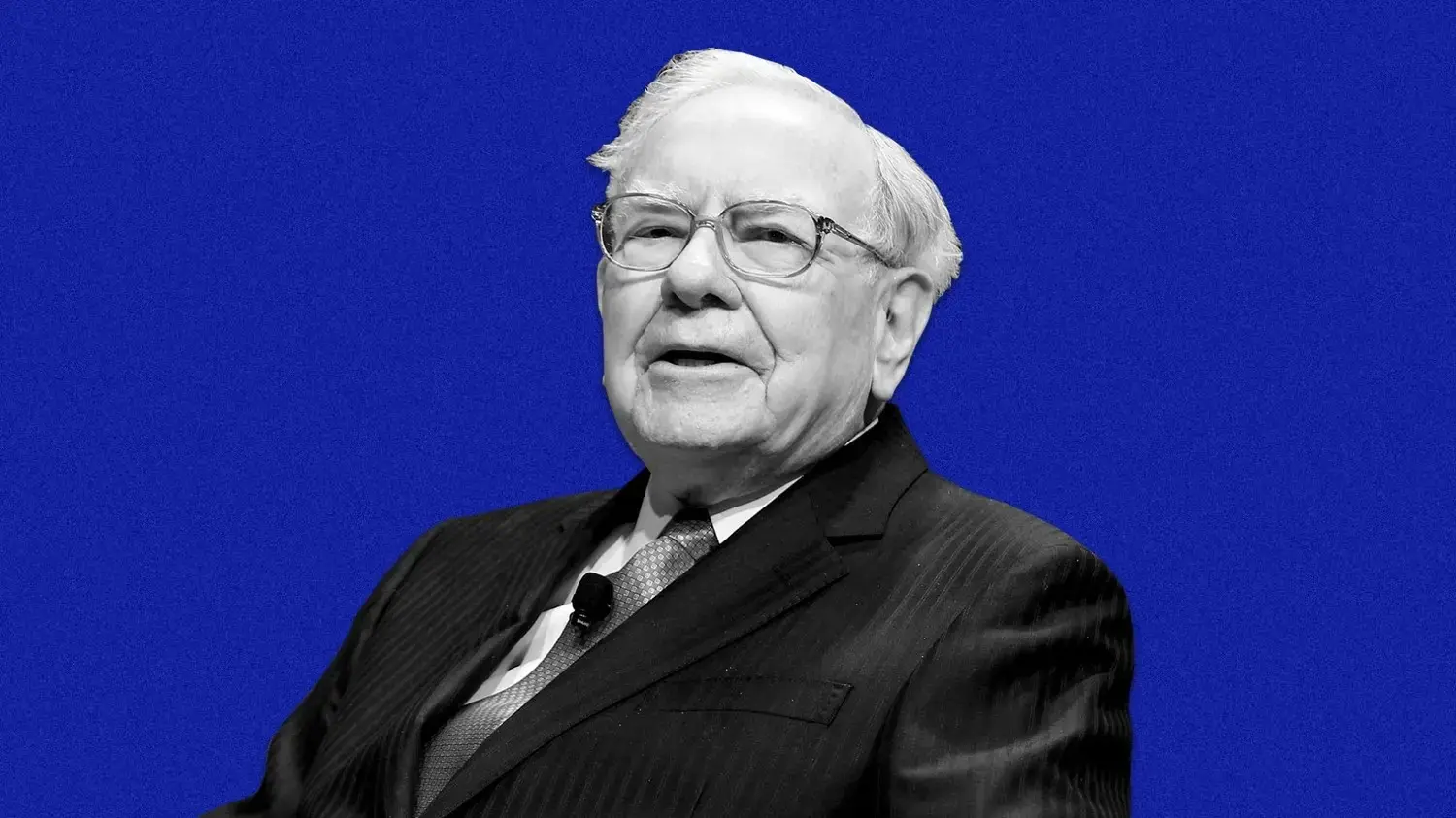
As part of a big investment package, Google will announce its biggest financial commitment to Germany so far. Handelsblatt was the first to report on the story, and later industry officials who were told about the talks confirmed it.
On November 11, Lars Klingbeil, the German Finance Minister, will meet with project managers in Berlin. This meeting is expected to be the start of the long-term project. Google wants to make big improvements to its energy and digital infrastructure. For example, it wants to build huge data centers in Berlin, Munich, and Frankfurt. The company also plans to greatly expand its cloud computing network so that it can handle the growing workloads that come with artificial intelligence across the EU.
Google is thinking about working with some renewable energy companies to get clean, long-lasting power for its business. It also wants to make its processing power bigger. To help the community, the company is also expected to use modern waste-heat recovery methods to recycle heat from data center operations. The European framework for sustainable energy is pushing this idea more and more.
“Germany is central to our long-term European strategy,” a Google representative said in a statement to European media. “We’re committed to investing in infrastructure that supports economic growth, sustainability, and secure cloud computing.”
Germany has one of the biggest and fastest-growing cloud markets in Europe. Google's investment is expected to speed up the country's digital transformation and help it reach its long-term clean energy goals. Germany's new digital sovereignty plan includes reducing reliance on data centers outside the EU, improving cybersecurity, and processing AI within the country.

Competition among European tech companies is getting tougher as American companies grow.
Google's growth comes at a time when countries are fighting for control of the infrastructure needed for cloud computing and artificial intelligence. This is making it hard to find data center space around the world. Earlier this year, Microsoft and Amazon Web Services also said they would invest more in Europe. This shows that there is a growing need for high-performance, secure digital infrastructure. Governments in the area have begun to make rules about how data can be shared across borders and how it should be managed. This has made it harder for digital companies to grow their businesses in the EU.
Analysts say that Google's investment in Germany is part of several long-term strategic goals. The most important thing is to build a strong base for AI computing power in the European Union, where rules about how data can be used are getting stricter. Companies are also trying to avoid possible bottlenecks that could happen if rules about moving data across borders become stricter. Another big reason for the growth is that partnerships with important German industries, like advanced manufacturing and the automotive sector, are getting stronger. These industries are using cloud-based AI technologies more and more.
More and more, energy policy is linked to the growth of data centers. Germany is putting pressure on operators of large facilities to switch to cleaner energy sources and use heat-recovery systems that are good for the community. Both parts are part of Google's upcoming rollout, which fits with Europe's long-term goals for reducing emissions and being more sustainable.
According to tech experts, Google's big investment may put even more pressure on other multinational internet companies to expand their operations in Europe. Many people think that one of the most important infrastructure problems in the next ten years will be the need for safe, low-carbon data center space.
As countries compete for big tech investments that can help AI grow, more people use the cloud, and more jobs are created for people with a lot of training, governments all over Europe are expected to keep a close eye on how things are going. Along with being a chance for economic growth, many governments see this wave of corporate investment as a strategic need for Europe's digital future.

Skenes and Skubal Win Cy Young Awards as Future Uncertainty Grows
NOVEMBER 12, 2025

Politics

UBS Pauses Credit Suisse Wealth Transfers Amid Integration Challenges
Financial insiders who know what's going on say that UBS has put off moving some very wealthy Credit Suisse customers to its platform because of problems with technology and management.
BUSINESS BY NOVEMBER 6, 2025

Swiss Watch Stocks Climb as Investors Bet on Softer U.S. Tariff Policy
The stock prices of major Swiss watchmakers went up as investors became more optimistic that the US might lower some import taxes, which would ease the pressure on luxury exports.
BUSINESS BY NOVEMBER 7, 2025

Warren Buffett Says Age Is Catching Up but Reaffirms Confidence in Berkshire’s Next CEO
Warren Buffett, who is 95 years old, told shareholders that "Father Time" is now catching up with him as he gets ready to leave his job as CEO of Berkshire Hathaway in January. He did say, though, that Greg Abel is more than qualified to lead the company.
BUSINESS BY NOVEMBER 11, 2025







